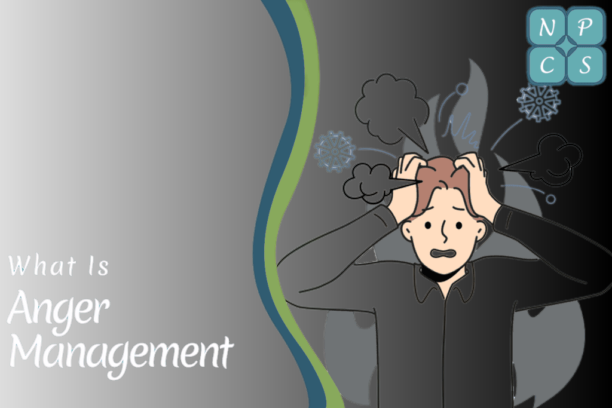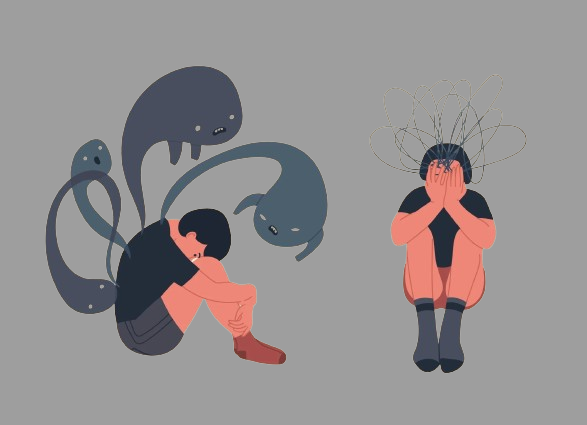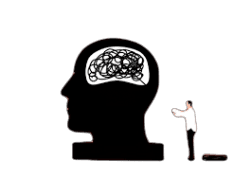Inability to control your anger can result in a number of issues, such as regrettable remarks, yelling at your children, threatening coworkers, impulsive emailing, health issues, or even physical assault. However, not every rage problem is that severe. Alternatively, you may become angry by idling through traffic, dwelling on unpleasant memories, or ranting about your job.
What is anger management?

The way we respond to things that enrage us is known as anger management. It’s also a type of talk therapy, also known as cognitive behavioral therapy that can be used in group or one-on-one counseling settings. You could even enroll in a class on anger management. With the help of a mental health professional, you will learn how to identify when you’re angry and how to cope with these emotions in a way that is sustainable and beneficial for you. This is known as anger management treatment. You’ll become knowledgeable about:
- What makes people angry and how they show it.
- Communication and problem-solving abilities.
- Methods for relaxation.
What is anger?
When your neighbor parks way over the line and you are trying to maneuver your car into an already-small parking space, you get angry and your heart starts racing. When someone cuts you off in traffic, it’s the feeling that makes you smack your fist into your rearview mirror or swear under your breath. Or yell at a sports team that is losing. When they don’t get their way, a toddler may bite, whereas an adolescent may march to their room and slam the door.

So why is all of this happening? Anger is a natural emotional response to a circumstance that spurs you to action. It activates your fight-or-flight response by stimulating your sympathetic nervous system, this initiates several bodily changes. Your respiration and heart rate quicken. Stress hormones flood your body, increasing blood flow to your muscles. Your level of concentration rises. All of this implies that you have greater means of evading harm. However, a threat to one’s physical safety isn’t necessarily the cause of rage stress. In social contexts, such as when you argue with a friend or loved one, see injustice, have needs unmet, or are made fun of, you could also experience anger.
Everybody reacts to rage differently, based on their past relationships, present circumstances, and state of health. Anger is felt more quickly and intensely by certain people than by others.
Managing Your Anger
Feelings associated with anger can range from mild irritation to fury. Try this when something occurs:
- Take a deep breath using your diaphragm.
- Talk to yourself positively.
- Recite a soothing word or phrase slowly, like “relax” or “take it easy.” Breathe deeply and repeat it to yourself until the anger goes away.
- After that, calmly and clearly articulate yourself.
Outbursts of anger can exacerbate existing health issues and cause stress to your cardiovascular and neurological systems. They typically don’t result in anything useful either.
Other Anger management strategies
Here are some anger management techniques that you should incorporate into your approach.

- Engaging in physical activity, such as consistent exercise, can help elevate your mood and alleviate stress and rage.
- Steer clear of recreational drug use and excessive alcohol consumption, as these behaviors may impair your ability to manage frustration. Additionally, alcohol might lower your inhibitions, allowing you to say or do things that you otherwise wouldn’t.
- Seek assistance from others. Discuss your emotions with someone and make an effort to alter your conduct.
- If you find it difficult to recognize when you are thinking in an angry way, record your moments of anger in writing.
- Attempt to see things from a different angle by placing yourself in the shoes of others.
- Recognize humor in everyday situations and learn to laugh at yourself.
- Pay close attention. Building trusting relationships and enhancing communication are two benefits of listening. You can handle potentially hostile emotions with the support of this trust. Saying to someone, “Let me make sure I understand what you’re saying,” and then restating what you believe to be their main point of view or message is a helpful communication exercise. This method can assist in elucidating misconceptions that may cause aggravation and pinpoint topics on which you may eventually “agree to disagree” without conflict.
- Make an effort to communicate your feelings clearly and gently without being defensive, combative, or overly emotional. Learn how to apply assertiveness and anger control techniques by reading self-help books or consulting a licensed therapist.
Anger management classes
During anger management therapy, you will acquire coping mechanisms that enable you to recognize your triggers and the expression of your anger. Your therapist may inquire about:

- What enrages you?
- What is the true source of your anger? Is your level of rage reasonable for the circumstances?
- Is another feeling being masked by your anger? Fear? Fear? Affected? Shame? A hidden medical issue? Is it an old response you picked up as a kid?
- What does it feel like to be angry?
After that, you and your therapist will collaborate to create coping mechanisms. These are useful abilities and actions you can take as soon as you become aware of your anger. Coping mechanisms for managing anger include:
- Modifying your perspective on circumstances : This may be referred to as cognitive reorganization by your healthcare professional. You will learn to change your perspective rather than focusing on or magnifying your unpleasant emotions. You may replace self-deprecating statements such as “This is the worst thing that’s ever happened to me” with more constructive ones. Say something like, “This is bad and it’s okay to be upset, but it’s not the end of the world,” as an alternative.
- Communication techniques that support constructive ways of expressing your rage. You’ll discover many techniques for assessing your responses and communicating your emotions. Training in assertiveness might also be beneficial to you.
- Relaxation methods can assist you in pausing before responding. They can also assist you in letting go of problems once you’ve addressed them, as opposed to ruminating on them endlessly. This could involve yoga, breathing techniques, or meditation. Alternatively, you could collaborate with your therapist to determine what soothes you.
Is Anger Management Effective?
The good news is that anger management programs seem to be a useful tool for teaching people how to control their emotions and develop more self-control.

- Improved Capabilities in Communication: One of the main advantages of anger management is that it may help you respond to stressful or irritating events in a constructive and healthy way. You’ll discover how to be confident without coming across as hostile or frightening. Ultimately, you’ll have better relationships and overall health.
- Increased Well-Being: Anger management can not only help you retain better health, but it will also teach you how to express your wants in a constructive manner. It might even assist you in reducing the negative consequences of unhealthy anger, such as headaches, insomnia, and digestive problems.
- Improved Coping Capabilities: Furthermore, if you can properly control your anger, you’ll be less likely to use drugs or alcohol to relieve stress or deal with frustration. According to one study, a CBT-based anger management program was linked to noticeably lower alcohol use.



